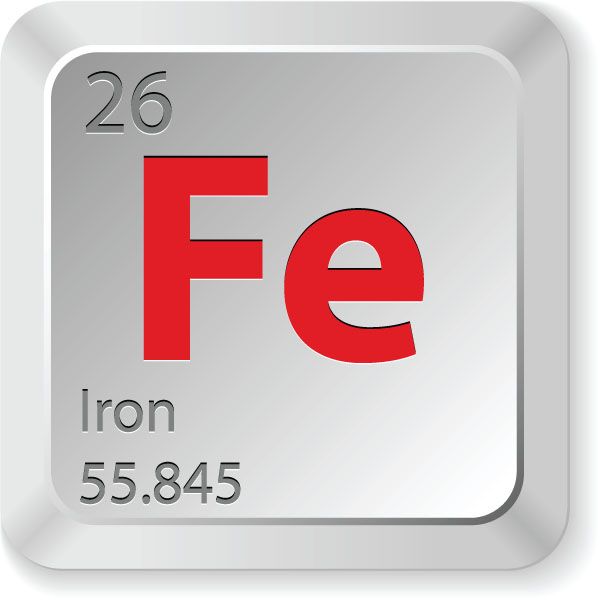Riiiiiiiiing. It's 6 a.m., time to hit the snooze button. You're still half asleep, but the plan—which sounded great last night—was to knock out your workout before heading to the office.
But before all of that, before even your first warm-up set, your belly needs something. Should it be cereal, a bowl of oatmeal, or eggs? What about an easy-to-prepare smoothie?
Or is it better to eat nothing at all?
Portion control and macronutrient ratios are difficult enough, but this time of day is tricky. Consume too much, and you'll likely see it again shortly after your workout begins. Consume too little, and your performance may suffer as a result.
Protect Your Muscles With Protein
If you race out the door in the morning without so much as a bite, you're training in a fasted state. This is a missed opportunity to protect precious muscle mass from significant breakdown.
Roughly three hours after a protein-rich meal, your body returns to a negative protein balance. So after eight hours of sleep, your body's liable to very catabolic. Preventing this extreme negative balance is simple: Consume protein prior to training. Amino acids (what proteins are broken down into) directly instigate muscle building and also assist with recovery and growth over time.
What To Choose And How Much
Any low-fat source of protein is a great option. Examples: egg whites, chicken breast, and lean deli meat. However, you may prefer a faster-digesting protein source, such as a BCAA supplement or whey protein, to minimize any risk of stomach discomfort heading into your workout. The choice is yours, but choose a whey protein supplement in place of a BCAA supplement if you drink rather than eat this first meal.
Regardless of your protein source, consume at least enough protein to provide 2-3 grams of the amino acid leucine, which is the key amino acid responsible for instigating muscle building). This amount is referred to as the leucine threshold, and it varies based on age and size.
Think of this threshold as a light switch: Failure to move the switch entirely up results in no light—similar to not taking in enough amino acids. Once that minimum threshold is reached, however, the light (and muscle building) is turned on.

Make Carbohydrates Your Primary Fuel Source
Carbohydrates are your muscle's primary energy source, so it makes sense to grab a few bites of oats or a banana on the run before you hit the gym. Or does it?
Your muscles and brain rely on glucose (what carbs are broken down into) as fuel. Carbs that aren't immediately used as fuel are either stored in the liver or muscle as glycogen, where they can be harvested at a later time, when energy demands are high (such as during exercise).
Overnight, your liver glycogen is significantly depleted, as the brain and central nervous system require fuel to carry out essential functions throughout the night. Waking up and jumping right into a workout without any carbs can be problematic, because liver glycogen is also the first source of energy during low-intensity exercise.
Starting with a depleted fuel tank may lead to early-onset fatigue and a paltry workout. Yet eating too much, eating the wrong type of carb, or eating at all, may slow you down and sabotage performance.
What To Choose And How Much
Given you're hard-pressed for time, you'll also be hard-pressed to digest enough of your meal to avoid stomach discomfort. This is especially true if you're choosing high-fiber portions such as oats or whole-grain breads. To maximize energy availability and minimize stomach discomfort, choose low-fiber, quick-digesting carbs.
Rice cakes, Fig Newtons, pretzels, dried fruit, and bananas are all excellent options. You can also mix your whey protein or BCAA supplement with a sports drink or dextrose powder. Begin sipping on this drink as you head to the gym, and continue it throughout your workout.
There's no one-size-fits-all pre-workout portion size for carbs. Maybe you have an iron stomach and can tolerate a cup or two of oats. Maybe half a banana is all you can handle. Try a few different amounts and a few different foods. See how you feel and perform during your training. Over time, you'll find that sweet spot and go-to source to maximize energy during training.
Save Fats For Later In The Day
Fat slows digestion. Since you're most likely pressed for time, a high-fat meal won't do you any good. Small amounts won't hurt, but choosing high-fat proteins or dollops of peanut butter may work against you.
Morning Pre-Workout Combinations
Let's wrap this up with some combinations that reflect the principles I just explained. These should leave your body primed for excellent performance early in the morning!
- Rice Cakes and Whey Protein Icing: Mix 1 scoop of whey protein with a drizzle of water and stir until viscous. Spread atop a few rice cakes.
- Lean Deli Meat Wrap: Place 6-8 slices of your favorite lean deli meat (chicken breast, turkey breast, ham, roast beef) atop a low-fiber tortilla.
- Breakfast Sandwich: Quickly scramble a few egg whites, roast up a few slices of Canadian bacon, and throw each atop a plain mini bagel.
Source: http://www.bodybuilding.com/






beastmodeslim831
2017-01-06 11:53:24
great info